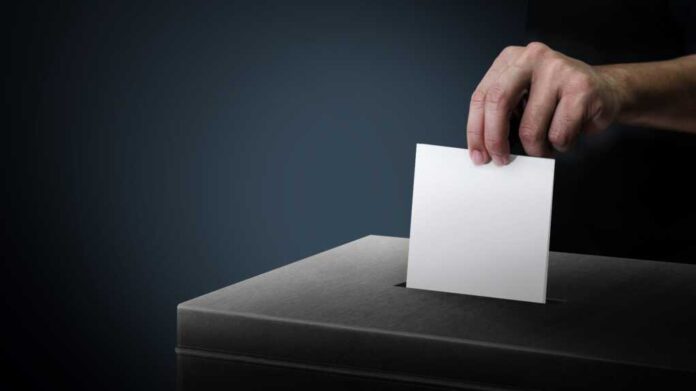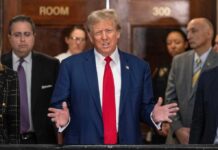
The state of Maine will no longer seek to have former President Donald Trump removed from its Republican primary ballot following a unanimous decision by the Supreme Court that the Colorado Supreme Court incorrectly attempted to have his name removed. The case will also likely have an effect on a recent decision by an Illinois judge attempting to remove Trump’s name in that state, as well.
Maine Secretary of State Shenna Bellows (D) announced that she would no longer seek to have Trump disqualified from the ballot. She earlier attempted to remove Trump’s name under the same 14th Amendment justification used by the Colorado Supreme Court and rejected by the U.S. Supreme Court this week.
“The U.S. Supreme Court has ruled that individual states lack authority to enforce Section Three of the Fourteenth Amendment with respect to federal offices,” Bellows wrote.
“Consistent with my oath and obligation to follow the law and the Constitution, and pursuant to the Anderson decision, I hereby withdraw my determination that Mr. Trump’s primary petition is invalid,” she said.
The Monday decision reversed the effort in Colorado to have Trump’s name removed utilizing a clause in the 14th Amendment. The Colorado high court argued that Trump was not eligible for the ballot because of the ‘insurrection’ clause, citing Trump’s actions surrounding the Jan. 6, 2021 protests at the Capitol.
The 9-0 ruling found the Supreme Court rejecting the idea that any state could remove a candidate’s name from the ballot for such a reason.
It’s good that the Supreme Court struck down Colorado’s scheme to prevent Americans from voting for Trump.
But it’s alarming that so many prominent liberals supported this outrageous, unAmerican ploy.
This would be expected in a third-world country. Not in America.
— Tom Cotton (@TomCottonAR) March 5, 2024
The Supreme Court decision said that the 14th Amendment “expanded federal power at the expense of state autonomy and thus fundamentally altered the balance of state and federal power struck by the Constitution.”
The decision to remove any candidates at the federal level under the 14th Amendment could only be made by Congress, according to the court. The decision cited the amendment’s text that said that Congress had the power to create “appropriate legislation” to enforce it.
“Granting the States that authority would invert the Fourteenth Amendment’s rebalancing of federal and state power,” wrote the justices.










